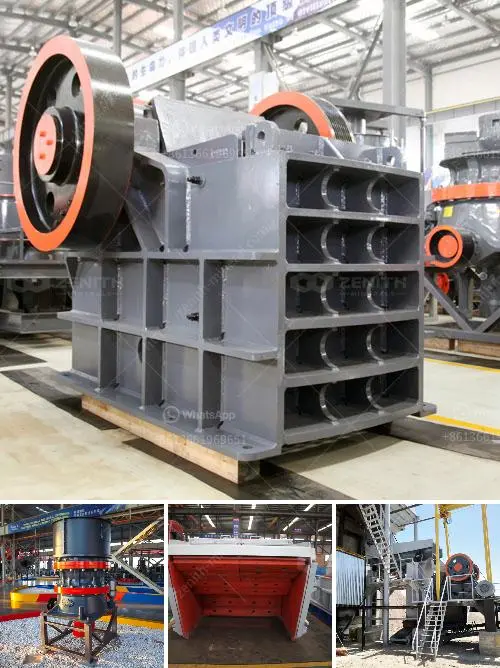Choosing the right location for a profitable granite quarry involves several key considerations to ensure economic viability, operational efficiency, and sustainability. Here are detailed steps to guide you through the process:
-
Geological Surveys and Assessments:
- Conduct Geological Studies: Hire experts to analyze local geology to confirm the presence of high-quality granite deposits.
- Examine Mineral Composition: Ensure the granite has desirable characteristics, such as color, texture, and strength, which are crucial for marketability.
- Assess Volume and Accessibility: Verify the extent of the deposit and ease of extraction.
-
Market Analysis:
- Identify Demand: Research local and regional demand for granite in construction, countertops, and other applications.
- Analyze Competition: Examine existing quarry operations to understand competitive dynamics and pricing.
-
Location Accessibility:
- Transportation Infrastructure: Ensure proximity to roads, highways, or railways for easy transportation of materials.
- Port Access: If you plan to export, proximity to a port may be a key factor.
-
Environmental Considerations:
- Compliance with Regulations: Investigate local environmental laws, including permits required for quarry operations.
- Sustainability Practices: Plan for environmental management practices to minimize ecological impact.
- Community Impact: Assess potential noise and dust pollution effects on nearby communities.
-
Economic Factors:
- Cost of Land: Compare land prices in the area to ensure financial feasibility.
- Infrastructure Costs: Consider the investments needed to develop the site, such as roads, utilities, and equipment.
- Labor Availability: Ensure access to qualified workforce and consider local wage expectations.
-
Legal and Zoning Requirements:
- Zoning Approval: Check local zoning laws for permissible land uses.
- Secure Permits: Acquire necessary licenses and permits for quarry operations.
-
Access to Utilities:
- Electricity, Water, and Sewer: Ensure the site has reliable access to necessary utilities to support operations.
-
Risk Management:
- Natural Disasters: Evaluate the risk of natural disasters (floods, earthquakes) that could impact operations.
- Economic Stability: Consider the political and economic stability of the region.
-
Long-Term Viability:
- Expansion Potential: Look for sites with room for growth and expansion of operations.
- Strategic Partnerships: Consider forming alliances with local businesses for complementary operations and market access.
Choosing the right location for a granite quarry requires thorough research and planning. Balancing geological, market, logistical, environmental, and economic factors is crucial for establishing a successful operation.

